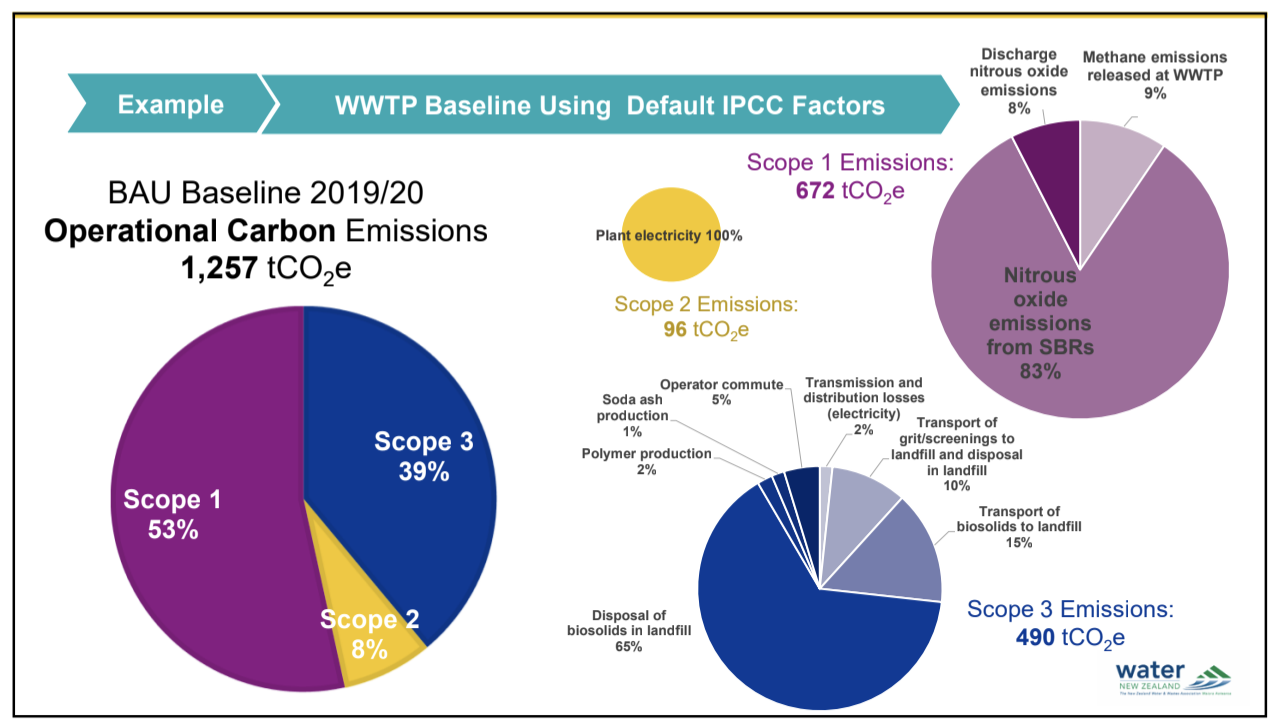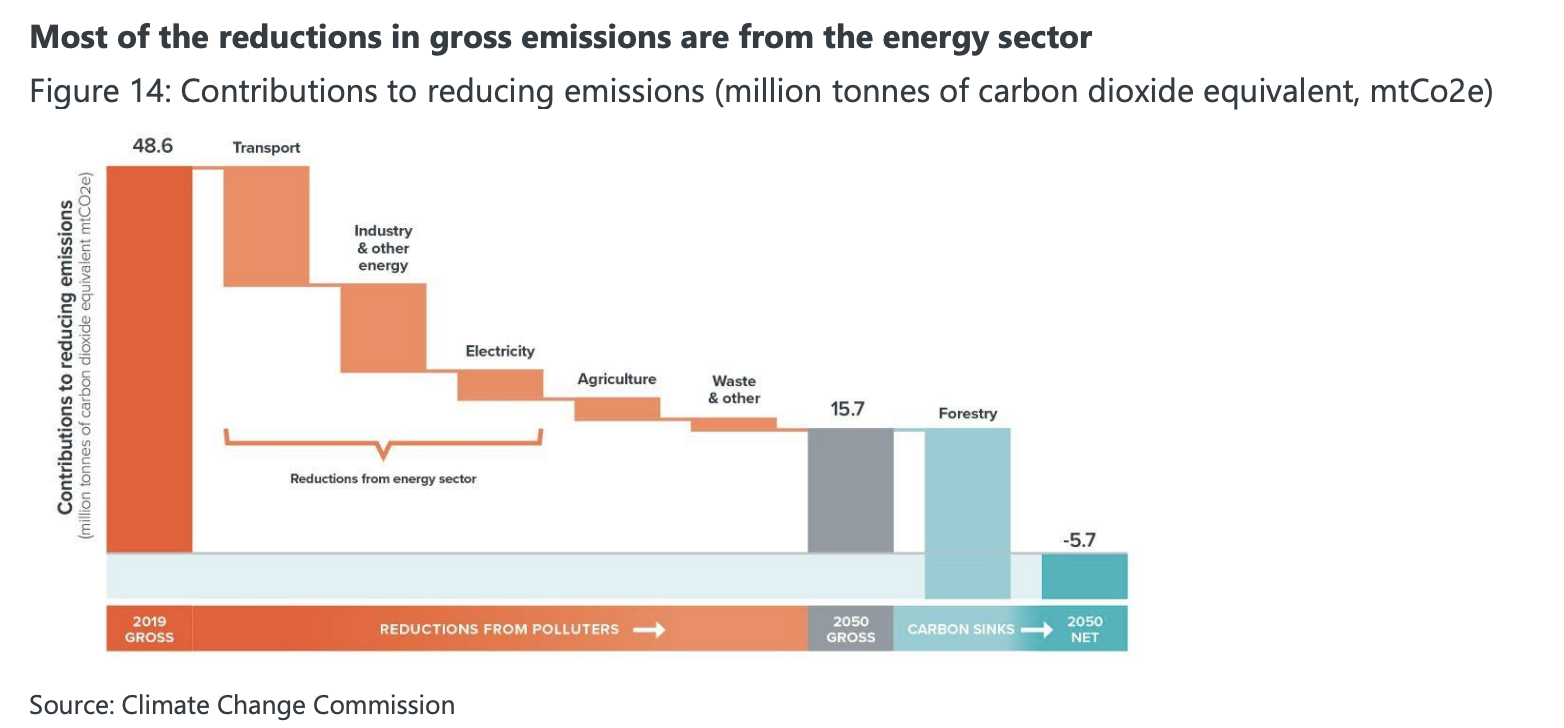The (DRAFT) New Zealand Infrastructure Strategy Rautaki Hanganga, o Aotearoa, has been released.
The strategy is aimed at transforming our infrastructure requires us to seize opportunities that will make the greatest impact.
They compareed The United Kingdom emissions trading scheme to New Zealand. The UK recognises emission prices produced by the scheme are not appropriate for decisions that lock in carbon emissions.
The review said that since 2009, the UK has used carbon values to assess policy proposals. These values are based on estimates of the cost to society of achieving carbon emission targets.
Like New Zealand, the UK recently adopted a target of net-zero carbon emissions by 2050. To be consistent with its new target, the UK Government has recently announced a new carbon value of £245/tonne for 2021 and intends to increase it to £378/tonne by 2050.
Converted to New Zealand dollars, these are equivalent to NZD 475/tonne and NZD 733/tonne, respectively.
To minimise lock-in of future emissions, the commission recommended a strategic direction in Emission Reduction Plans (ERPs) that public sector infrastructure investment programmes must be compatible with meeting our international commitments on carbon emissions.
Measures to support this direction should:
a. Include full consideration of non-built solutions in all business cases.
b. Require appropriate assessment of carbon emissions in all business cases.
c. Require the use of a cost of carbon compatible with international commitments on carbon emissions within all cost-benefit analysis
d. Measure the carbon impacts of different construction materials used in infrastructure projects.
e. Set a timetable for reviewing regulations, standards, and codes to ensure they do not inhibit the uptake of low carbon materials.
As the water industry looks at reform and councils undertake an emissions review of their assets. The business case for change is significant as high energy wastewater treatment processes, and waste disposal emissions will be significantly impacted.

One of the other issues to consider is that New Zealand doesn't have a green energy system. Wastewater emissions impact waste emissions, electricity emissions, and transport emissions for disposal.

We're quite serious when we say we can reduce wastewater emission liability to zero contact us to find out more and undertake a desktop exercise to understand the potential of a circular economic approach to processing wastewater sludge and municipal green/food waste.